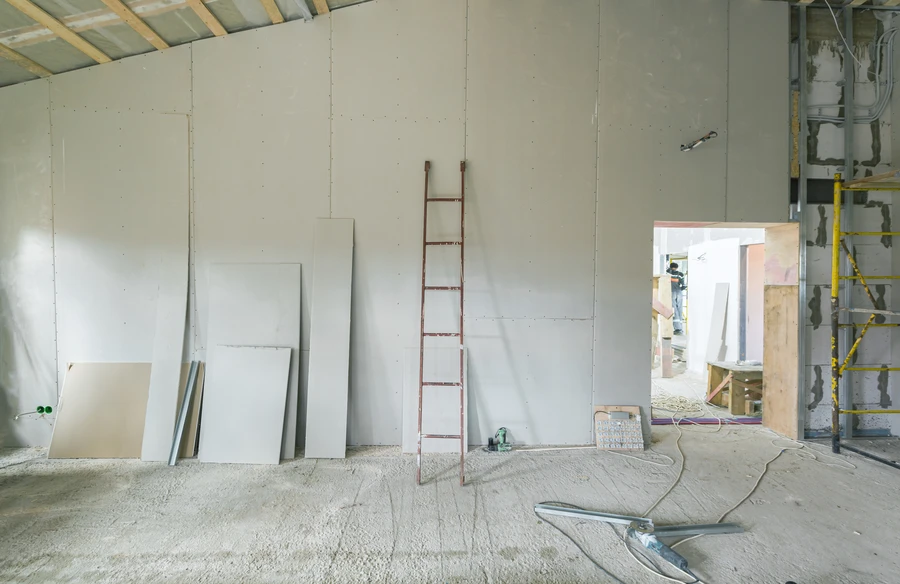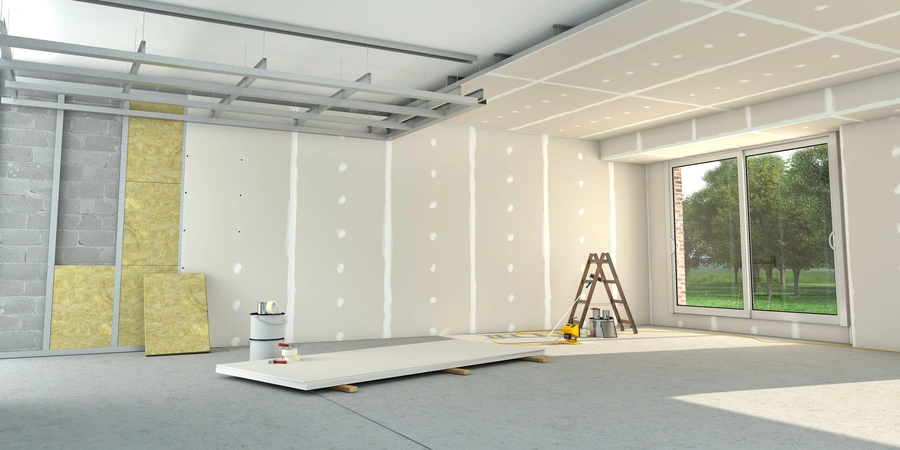How to Achieve a Flawless Finish After Wall Fixes
Blending repaired drywall areas can be tricky, but it’s essential for a polished look. When you tackle this task, it helps to know some effective methods. Smooth walls not only enhance the beauty of your space but also increase your home’s value. Understanding how to make repairs blend seamlessly with existing surfaces is crucial. By following simple steps and using the right tools, you’ll find that achieving a flawless finish is possible. This guide will provide you with practical tips and techniques to ensure your repair work remains invisible to the untrained eye.

Selecting the Right Tools
Choosing the correct tools is vital for successful wall blending. Start by gathering high-quality items like drywall knives in various sizes, sandpaper, and joint compound. These are essential when working on drywall repair because they help achieve smoothness. Remember, investing in good tools saves time and produces better results than cutting corners with cheap alternatives.
Proper Surface Preparation
Before applying any materials, ensure the surface is clean and dust-free. Wipe down the area with a damp cloth to remove debris. Drywall repair requires a clean base so that compounds adhere properly. Skipping this step can lead to uneven texture and poor adhesion. Make sure every step counts towards creating a seamless finish.

Effective Application Techniques
When it comes to application, method matters a lot. Start with a thin layer of joint compound over the damaged area. Feather the edges outwards using a wide knife to merge it into the existing wall. Allow each layer to dry completely before adding another coat. Patience during drywall repair ensures layers bond well together.
Sanding for Smooth Results
Once the compound is dry, sanding creates a unified surface. Use fine-grit sandpaper and gently sand the area until smooth. Avoid excessive pressure as this might damage both new and existing surfaces. Proper sanding helps invisibly integrate the repair into surrounding areas, making it undetectable.
Priming Before Painting
Never skip priming when you intend to paint after repairs. Primer seals the compound and prepares it for paint adherence. This step is non-negotiable if you want an even color across the wall. Priming ensures that paint doesn’t absorb unevenly into different sections of the wall, offering consistency.
- Select quality tools for efficient blending.
- Clean and prepare surfaces diligently.
- Apply joint compound with care.
- Sand for a uniform finish.
- Always prime before painting.
Common Mistakes to Avoid
Be aware of typical errors that can hinder your progress. Rushing through drying times often leads to visible lines or bubbles. Applying too much compound at once can create bumps instead of a flat surface. During drywall repair, these mistakes can result in more work later on. Take your time and follow recommended guidelines closely.
Cost Considerations for Homeowners
Understanding cost factors is important when planning repairs. Consider expenses related to materials, tools, and potential professional help. Although doing it yourself seems cheaper, poor execution may lead to higher costs due to rework or hiring experts later. Invest wisely to avoid unnecessary expenditures.
Achieving Professional-Level Results
By focusing on technique and tool quality, homeowners can reach professional-level finishes without stress. Practicing patience is key in each phase of the process, from application to drying and finishing touches like priming and painting. Consistently apply these strategies to see significant improvements in your home’s appearance.
Your Path to Perfect Walls Starts Here
Seamlessly blending repaired areas transforms your living spaces into welcoming environments without visible flaws. Contact Tikos Painting LLC today at (334) 234-9898 for expert assistance with all your renovation needs. Located in Bay Minette, AL, our team specializes in delivering exceptional wall repair services tailored just for you.
